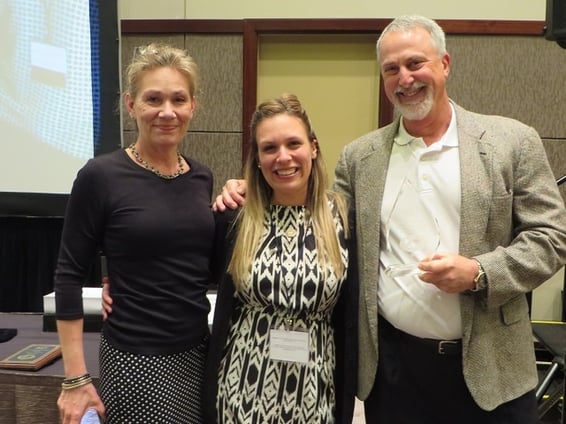![]()
A Bad Situation Becomes Dangerous When Domestic Violence Comes to Light
I was working as a therapist with the Hernandez* family for two months before I started to suspect that there was something else going on. The case originally came in because Manny, a 17-year-old living in the Bronx, was doing drugs, cutting class, violating curfew, and stealing. The family needed Multisystemic Therapy treatment to help navigate these issues and get Manny back on the right path. Little did I know I would soon be treating additional issues—issues beyond Manny’s control.




